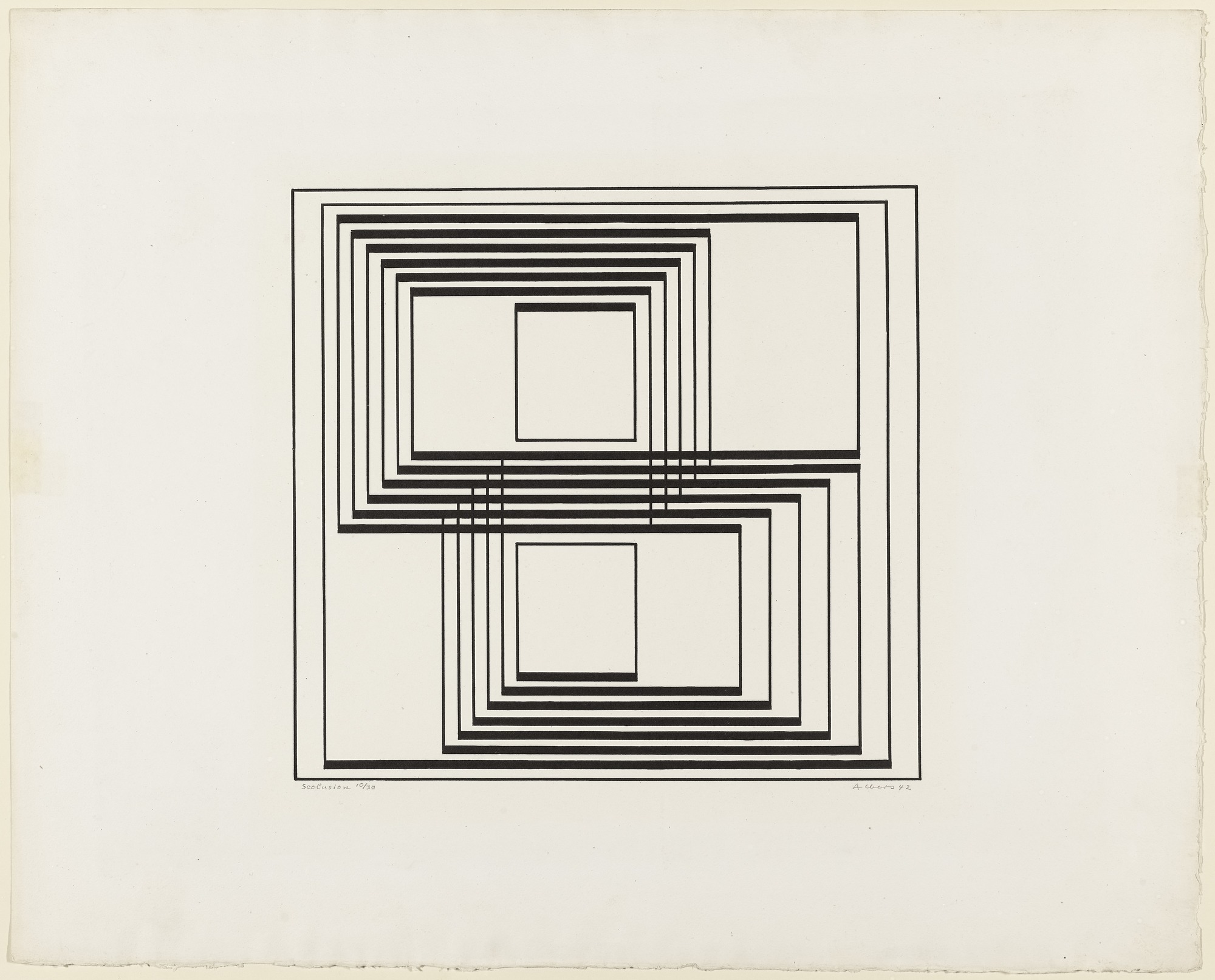Editor’s Note: This is the second post in a new series, Phenomenal Works, in which we invite our favorite researchers to share notable readings with us. We’ll be publishing new editions every two weeks, around our regular output of interviews and analysis. Sign up for our newsletter to stay up to date with every post.
Beth Popp Berman is sociologist whose research focuses on the history of knowledge, organizations and public policy making. Her first book, Creating the Market University: How Academic Science Became an Economic Engine, examines the transformation of American academia from partially noncommercial institution to innovation-oriented entrepreneurial university. Berman’s forthcoming book, Thinking Like an Economist: How Economics Became the Language of U.S. Public Policy, charts how a style of economic reasoning pioneered among a small group of Department of Defense technocrats became institutionalized at the core of the policy process—and its fundamental consequences for political decision-making.
Below, Berman’s selections reflect the import of her own work, illuminating how and why certain forms of knowledge came to be produced, and how they are put to use in the construction of policy and institutions.
Click here to visit Berman’s website, where you can find links to all of her research, and click here to follow her on Twitter.
Beth Popp-Berman
Poverty Knowledge: Social Science, Social Policy, and the Poor in Twentieth-Century U.S. History, by Alice O’Connor
My recommended reading is neither new nor particularly obscure; historian Alice O’Connor’s 2001 classic, Poverty Knowledge, has been cited more than a thousand times. Nevertheless, I think it’s a book that everyone working at the intersection of social science and social policy should read. Through compelling historical narrative, O’Connor shows both the promise and the limits of social science to usefully inform our understanding of the persistent problem of poverty. She demonstrates how social science is a product of, as well as an informant to, policy, and highlights how our frameworks for understanding problems inevitably limit how we try to solve them. The book is a challenge to academic hubris, but inspires reflection, not hopelessness.
Further reading from Berman:
- “The Rise of Randomized Controlled Trials (RCTs) in International Development in Historical Perspective,” by Luciana de Souza Leaõ, and Gil Eyal.
- “Rediscovering the 1%: Theory-Laden Knowledge Infrastructures and the Stylized Facts of Inequality,” by Daniel Hirschman.
- The Experts’ War on Poverty: Social Research and the Welfare Agenda in Postwar America, by Romain D. Huret.
Filed Under
